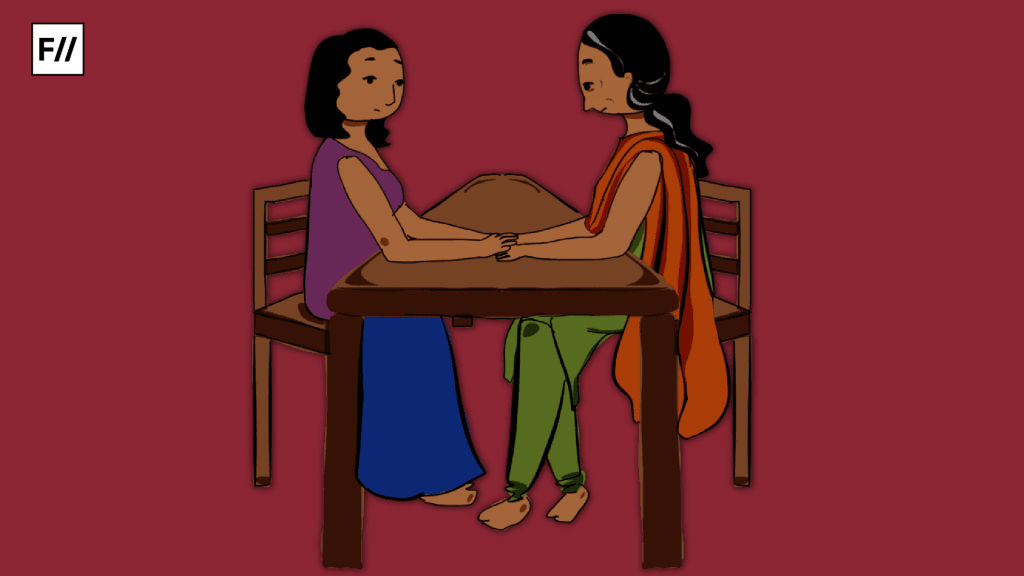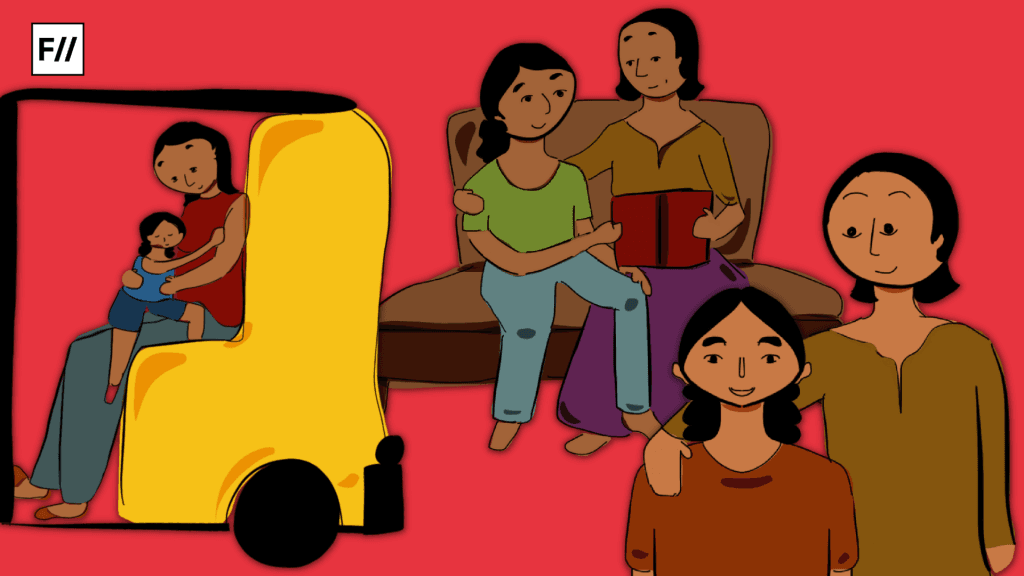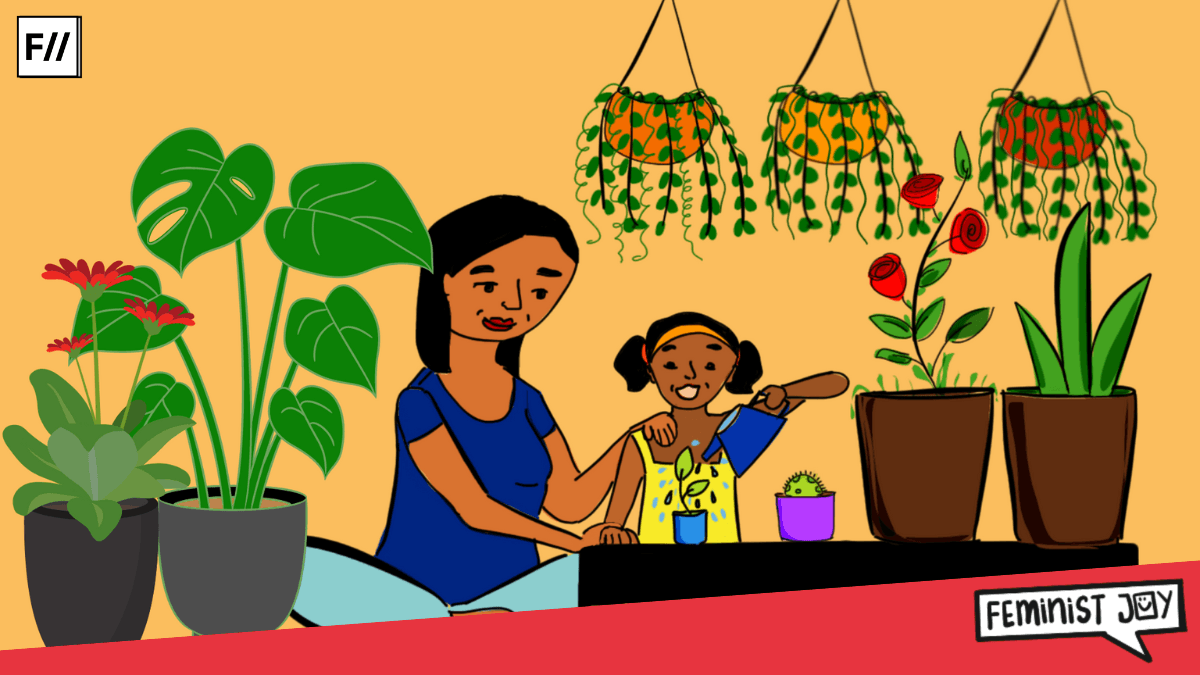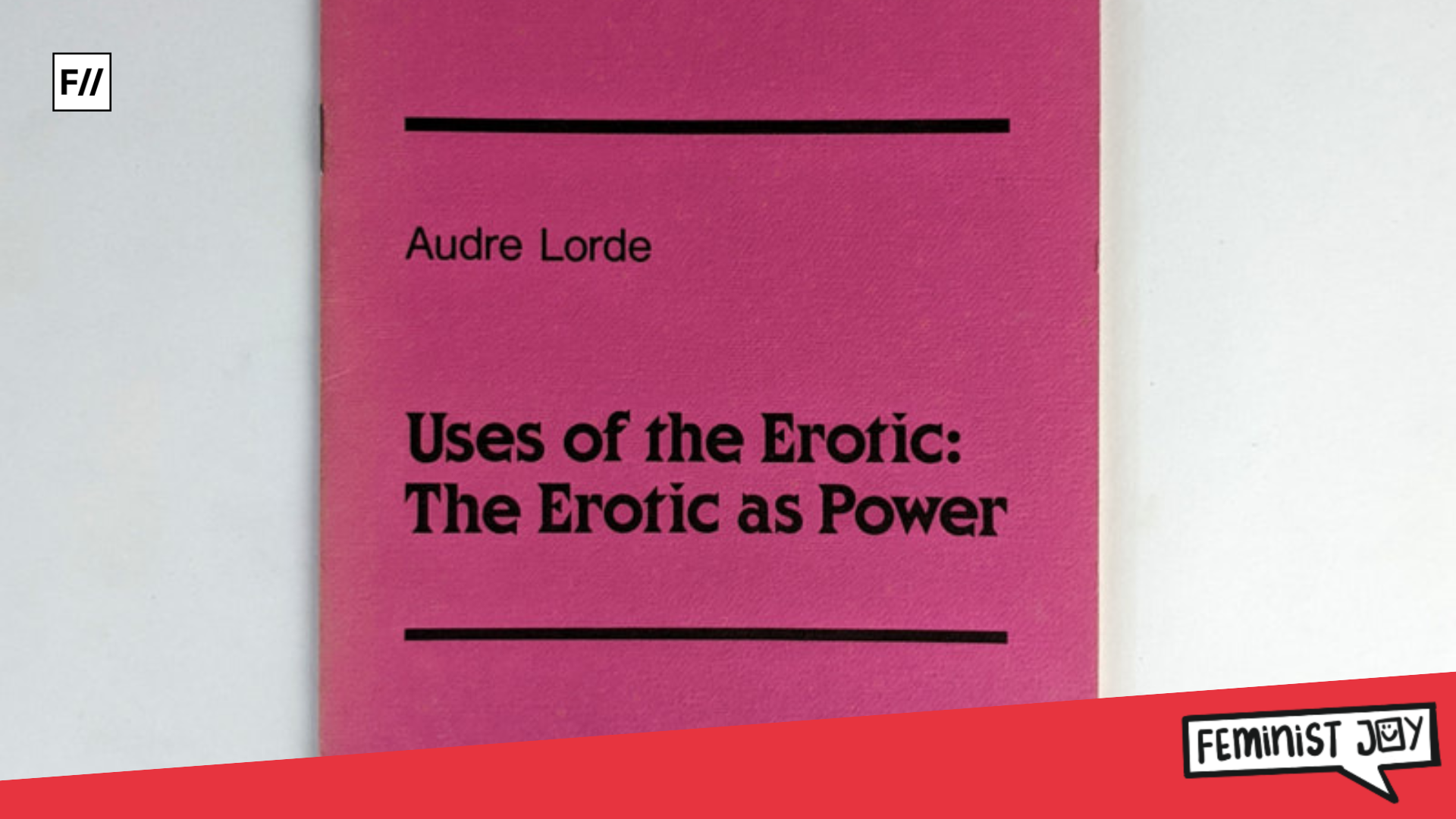Growing up, I never asked my mother about her dreams, who she wanted to be, or what she thought she could have been. The emotional burden of motherhood left no room for such questions. To my younger self, she was someone who provided love and care. I saw her identity entangled with motherhood. She lived in a constant selfless state, never asking for anything for herself. I saw her as the embodiment of motherhood, but she was an individual with dreams and desires of her own. Her silence was not an act of choice but a result of the world that stripped women of their choices.
Her joys were quiet. Any dreams she might have had were considered unimportant, secondary to the needs of the home and her responsibility as a mother. Society taught us both that a woman’s values were measured by what they gave to others without asking for anything in return. The truth, though, is her silence was a social construct and never voluntary. She didn’t have the privilege of dreaming because the world told her so.
In the stories, we tell ourselves we idealise the innocence of our mothers as an expression of selflessness. But as I grew older, I began to question this idealisation. Was her silence truly liberating? Were her silent sacrifices as a mother a form of love, or was it the result of oppressive systems that aimed to keep women muted?
I now see her innocence was never a privilege but an act of survival. She never questioned why she had to give so much without receiving. She never wondered why her desires and passions were dismissed. She never asked why her voice had no place in the world. This “innocence” was a form of imposed naivety, something used as a tool to keep women in check and to make them believe their true value is in sacrifice.
In the quiet moments when my mother is lost in thought, I think of a world where she had the same options I do: the liberty to be her person. I picture her with a pen writing the stories she never told. I see her not just as a mother but also as a woman— a woman who could have been anything she wanted. I imagine her in classrooms, teaching, speaking about the things that lit her up. I imagine her in galleries, surrounded by art, seeing herself in the colours she never had the chance to paint.

This is not merely a fantasy but a silent rebellion against all the things taken from her. Wanting to rewrite my mother’s story is not just a “what if” but a deep desire to undo the silence that shaped her existence. To write her differently is to honour the woman I know she is deep down, had the world given her a chance. My act of rewriting is an act of feminist joy—the joy of reclaiming her voice— the joy of acknowledging that her life could have been full of possibilities.
As I begin to carve out a life for myself, I realise that by rewriting my mother’s story, I am also rewriting mine. Every choice I make, the path I follow, and the space are a quiet rebellion against what was imposed on her. I choose to live life on my own terms, something she was never allowed to do, and in doing so, I break the cycle.
Her story did not end with her silence; it lives on in me, reshaped and retold. And one day it will live in my daughter, not as a story of submission but of reclamation. Every time I choose myself over expectations placed upon me, it is a victory for both of us. She was denied a voice, but the choices I make give her one—and ensure that the women who come after me will have theirs too.
Her silence was not her fault. It was the world’s. But in the quiet moments, I choose to speak for her and to speak with her. I choose to live the life she was denied, to give myself the joy she was never allowed to claim. And in that, I find not only her legacy but my own.

When I look at my mother today, I see more than her silence; I see the resilience that kept her going. I also acknowledge the life she could have had and the woman she could have been, and I know she wanted to be.
Reimagining her story and rewriting her life is not just an act of dreaming; it’s an act of return. I lend her the voice she never was given, and I offer her the joy that was withheld. And in doing so, I claim some of the joy for myself.
The happiness I hold today is not just mine but hers too. The voice I have today became her voice, too, in a way. What was once hers to carry alone is now mine to carry, to voice, to live out loud.
About the author(s)
Juhi Sanduja is an Editorial Intern at Feminism In India (FII). She is passionate about intersectional feminism, with a keen interest in documenting resistance, feminist histories, and questions of identity. She previously interned at the Centre of Policy Research and Governance (CPRG), Delhi, as a Research Intern. Currently studying English Literature and French, she is particularly interested in how feminist thought can inform public policy and drive social change.





